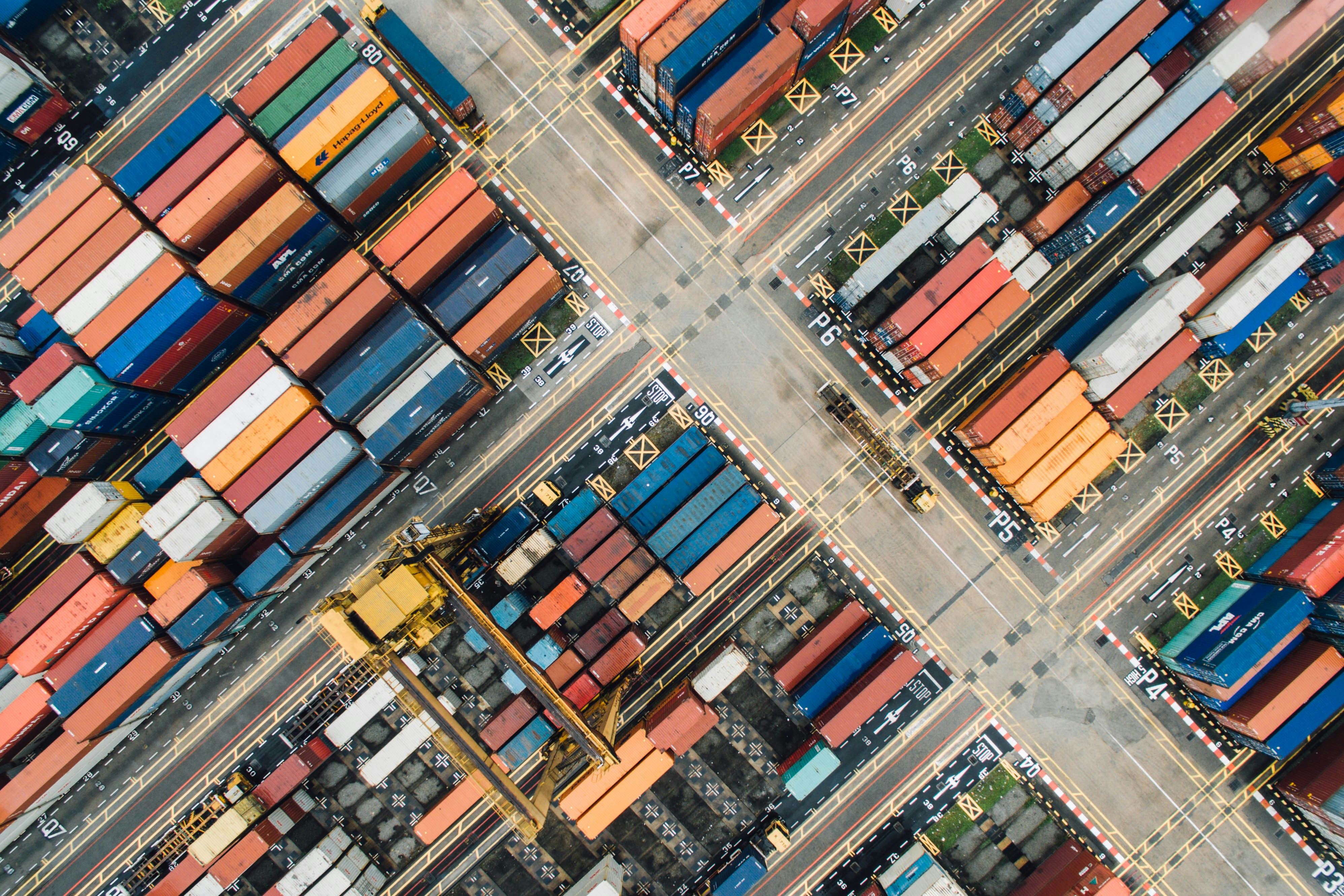[WORLD] President Donald Trump's aggressive tariff policies have inadvertently bolstered China's economic ties with its regional partners, particularly in Southeast Asia. As the U.S. imposes sweeping import taxes, countries like Vietnam, Malaysia, and Cambodia are increasingly turning to China for trade and investment opportunities. This shift is reshaping global supply chains and challenging the U.S.'s traditional role as a primary economic partner in the region.
In early 2025, the United States introduced a comprehensive tariff package, including a 10% baseline tax on all imports and a 145% levy on Chinese goods. These measures aim to address trade imbalances but have led to significant disruptions in global markets. China, in response, has implemented targeted retaliatory tariffs on specific U.S. exports, such as coal, liquefied natural gas, and agricultural machinery, while also tightening access to critical minerals.
This escalating trade tension has prompted Southeast Asian nations to reevaluate their economic strategies. Countries like Vietnam, Malaysia, and Cambodia, which have historically been major exporters to the U.S., are now seeking to diversify their trade relationships. China's growing demand for imports, coupled with initiatives like the Regional Comprehensive Economic Partnership (RCEP), offers these nations an alternative and potentially more stable market.
As a result, regional trade statistics show a notable shift. According to data from the ASEAN+3 Macroeconomic Research Office (AMRO), China’s trade volume with ASEAN countries rose by over 18% in the first quarter of 2025 compared to the same period last year. This outpaces its trade growth with the EU and highlights Southeast Asia’s increasing reliance on the Chinese market. Several ASEAN economies have also reported surges in Chinese direct investment, particularly in logistics, port infrastructure, and green energy.
Economists point to the Belt and Road Initiative (BRI) as a key enabler of China’s growing regional influence. Projects under the BRI banner, including rail links in Laos and special economic zones in Cambodia, have helped foster interdependence. The physical and digital infrastructure being established under these projects also creates long-term commercial linkages that extend beyond mere tariff avoidance, embedding China more deeply in Southeast Asia’s development trajectory.
Strengthening Regional Ties
China's outreach to Southeast Asia has been multifaceted. President Xi Jinping's visits to Vietnam, Malaysia, and Cambodia underscore China's commitment to deepening economic cooperation. These diplomatic engagements are complemented by China's expanding network of free trade agreements (FTAs), which aim to reduce trade barriers and enhance economic integration in the region.
For instance, Malaysia has emerged as a strategic partner for Chinese businesses looking to circumvent U.S. tariffs. The Malaysian government has actively encouraged foreign investment, particularly in sectors like electronics and manufacturing, which are pivotal for companies seeking to maintain access to global markets without incurring high U.S. import taxes.
Cambodia, in particular, has seen a dramatic uptick in its economic engagement with China. In March 2025, the two countries signed a bilateral agreement to expand agricultural exports, granting Cambodian rice, rubber, and cassava tariff-free access to Chinese markets. This move has been welcomed by Cambodian farmers and exporters, who previously relied heavily on U.S. and EU demand, now waning due to shifting trade policies and political tensions.
Economic Implications
The shift towards China as a primary trade partner presents both opportunities and challenges for Southeast Asian economies. On one hand, increased trade with China can stimulate economic growth, create jobs, and enhance technological capabilities. On the other hand, over-reliance on a single economic partner poses risks, including vulnerability to China's domestic policy changes and economic fluctuations.
Analysts suggest that Southeast Asian nations are adopting a "China-plus-one" strategy, aiming to diversify their economic partnerships while still capitalizing on China's market potential. This approach seeks to balance economic benefits with risk management, ensuring that countries are not overly dependent on any single trading partner.
However, some policymakers in the region are expressing quiet concern over strategic autonomy. Officials in Indonesia and the Philippines have emphasized the need to strengthen domestic industries and improve self-reliance in key sectors like semiconductors and pharmaceuticals. While they welcome Chinese investment, they also advocate for broader engagement with countries such as Japan, South Korea, and India to maintain a multipolar economic strategy.
U.S. Response and Global Repercussions
The U.S.'s current tariff policies have not only strained relations with China but also alienated traditional allies in Southeast Asia. Countries in the region are increasingly viewing the U.S. as an unreliable partner, prompting them to seek more stable and mutually beneficial relationships with China.
Furthermore, the U.S.'s unilateral trade actions have raised concerns about the stability of the global trading system. Experts warn that escalating trade wars can lead to economic fragmentation, reduced international cooperation, and increased geopolitical tensions.
While President Trump's tariff policies aim to bolster U.S. manufacturing and address trade imbalances, they have inadvertently strengthened China's economic position in Southeast Asia. As countries in the region pivot towards China for trade and investment, the global economic landscape is undergoing a significant transformation. The long-term implications of this shift remain to be seen, but it is clear that China's role in global trade is becoming increasingly central.















